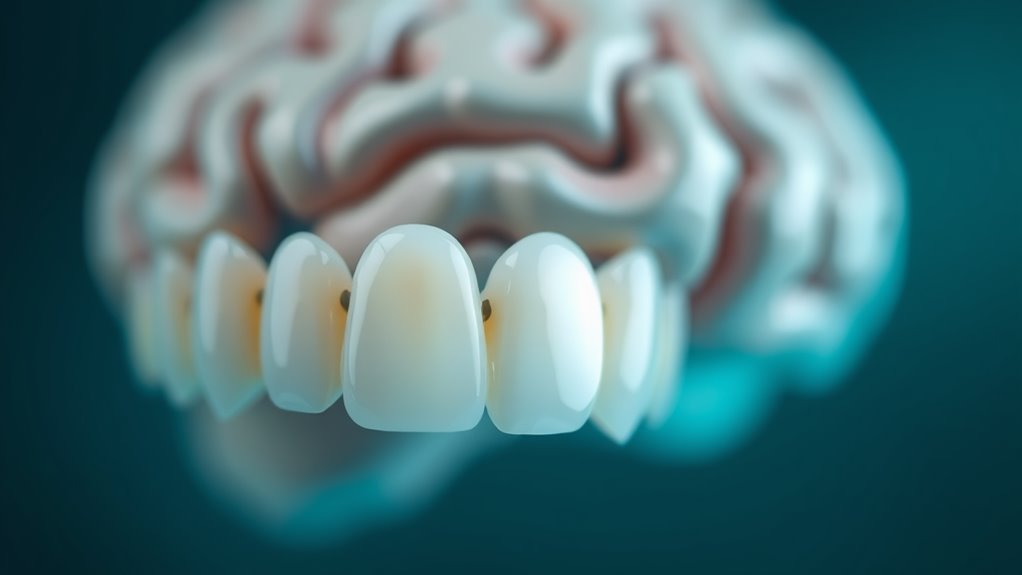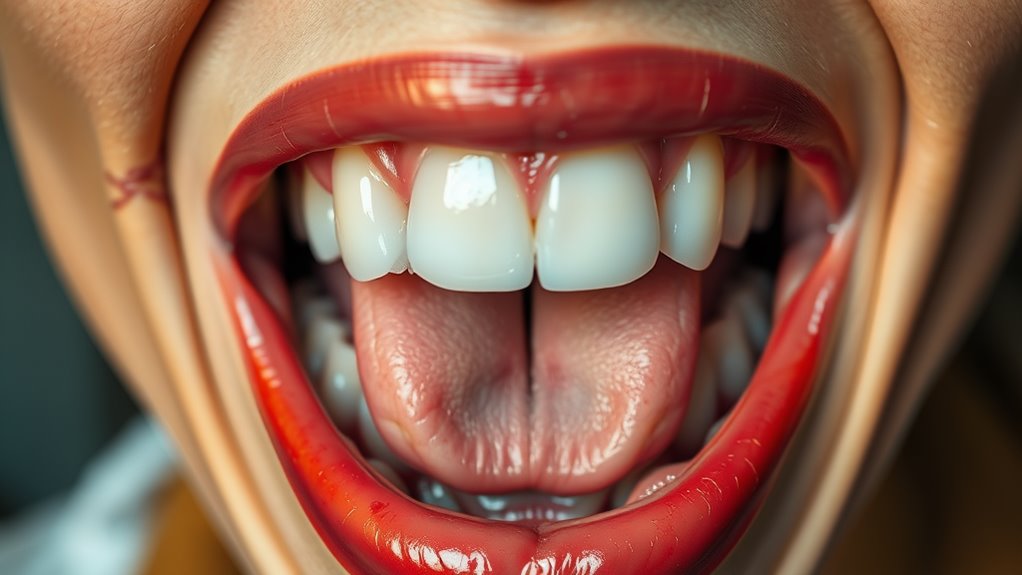The Jaw-Dropping Link Between Oral Health and Your Brain!
Have you ever considered how your dental hygiene impacts your brain function? It might seem surprising, but the connection is significant. Poor oral health can lead to inflammation and harmful bacteria that not only affect your teeth and gums but also your cognitive abilities. Understanding this relationship could change how you approach your daily routine. What are the specific ways your oral care habits could influence your mental sharpness?
The Science Behind Oral Health and Brain Function
When you brush and floss regularly, you’re not just caring for your teeth; you’re also supporting your brain health. Research shows a fascinating connection between your oral health and brain function. Good oral hygiene helps prevent harmful bacteria from entering your bloodstream, which can impact your brain.
Think of it as a team effort—your mouth and brain work together to keep you healthy. When you take care of your teeth, you’re also nurturing your cognitive abilities. Studies reveal that individuals with poor oral health may face an increased risk of cognitive decline. Additionally, gum disease has been linked to cardiovascular issues, further illustrating the importance of oral hygiene for overall brain health.
By maintaining a healthy mouth, you’re not only enhancing your smile but also fostering a sense of belonging within your community. After all, we all want to feel vibrant and connected.
How Gum Disease Affects Cognitive Abilities
Although gum disease often seems like a dental issue, it can significantly impact your cognitive abilities. When you neglect your oral health, harmful bacteria can enter your bloodstream, potentially affecting your brain function. You might notice that you’re forgetting things more often or struggling to concentrate.
These subtle changes can be alarming, especially when you value your mental sharpness and connection with others. Research suggests that individuals with gum disease may experience an increased risk of cognitive decline, including conditions like Alzheimer’s disease. Furthermore, the inflammation from gum disease can lead to negative effects on brain health, highlighting the importance of oral hygiene.
Taking care of your gums isn’t just about having a bright smile; it’s about preserving your mind, too. By prioritizing dental hygiene and regular visits to the dentist, you’re investing in both your oral and cognitive health.
You’ll not only feel better, but you’ll also foster a sense of belonging as you engage with others confidently, knowing you’re taking charge of your overall well-being.
The Role of Inflammation in Oral and Brain Health
Gum disease isn’t just a concern for your mouth; it triggers inflammation that can impact your brain health, too. When your gums are inflamed, your body responds by sending out inflammatory molecules that can travel to your brain. This connection means that maintaining oral health is crucial not just for a bright smile but for a sharp mind.
You mightn’t realize it, but managing inflammation can play a significant role in preserving your cognitive function. By keeping your gums healthy, you’re taking an important step toward reducing overall inflammation in your body. Additionally, healthy gums can reduce inflammation and lower heart-related risks, further supporting your overall well-being.
Regular dental check-ups, brushing, and flossing can help you stay on top of your oral health and, in turn, support your brain.
You’re not alone in this journey; many people are discovering the link between their oral hygiene and mental well-being. Together, let’s prioritize our health, one smile at a time!
Oral Bacteria: A Potential Threat to Neurological Well-being
As you maintain your oral hygiene, it’s essential to consider the role of oral bacteria and their potential impact on your neurological well-being. Many people overlook how these tiny organisms can affect not just your mouth but your brain too.
Certain harmful bacteria, like those linked to gum disease, can enter your bloodstream, potentially leading to inflammation in the brain. This inflammation may contribute to cognitive decline and other neurological issues. Poor oral health can also increase the risk of inflammation that affects overall body function and well-being.
Staying proactive about your oral health helps protect not just your smile but your overall health. Regular brushing, flossing, and dental check-ups are vital in keeping harmful bacteria at bay.
Remember, you’re not just caring for your teeth; you’re nurturing your mind. By fostering good oral hygiene habits, you’re taking important steps toward a healthier future, creating a sense of belonging in a community that values both oral and neurological health.
Your efforts matter, and they’ve the power to make a difference!
The Impact of Dental Hygiene on Aging and Memory
Maintaining good dental hygiene is crucial not just for your oral health but also for preserving your memory as you age.
Studies show that poor oral care can lead to bacteria entering your bloodstream, potentially affecting brain function and cognition. When you neglect your teeth and gums, you may increase your risk of developing conditions like Alzheimer’s or dementia. Oral bacteria can enter the bloodstream, affecting brain health, highlighting the importance of a clean mouth for cognitive function.
Imagine gathering with friends and family, sharing stories and laughter. You want to be fully present and engaged, right?
Practical Tips for Maintaining Oral Health for a Healthy Brain
To keep your brain healthy, it’s essential to prioritize your oral health with simple daily habits. Start by brushing your teeth twice a day for at least two minutes.
Don’t forget to floss daily; it removes plaque between your teeth where your brush can’t reach. Make sure to use fluoride toothpaste, as it strengthens your enamel and protects against cavities.
Stay hydrated by drinking plenty of water, which helps wash away food particles and bacteria. Try to limit sugary snacks and drinks, as they can lead to tooth decay and gum disease.
Regular dental check-ups are crucial, so schedule them every six months.
Lastly, consider incorporating a balanced diet rich in fruits, vegetables, and whole grains. These foods support both your oral and brain health.




